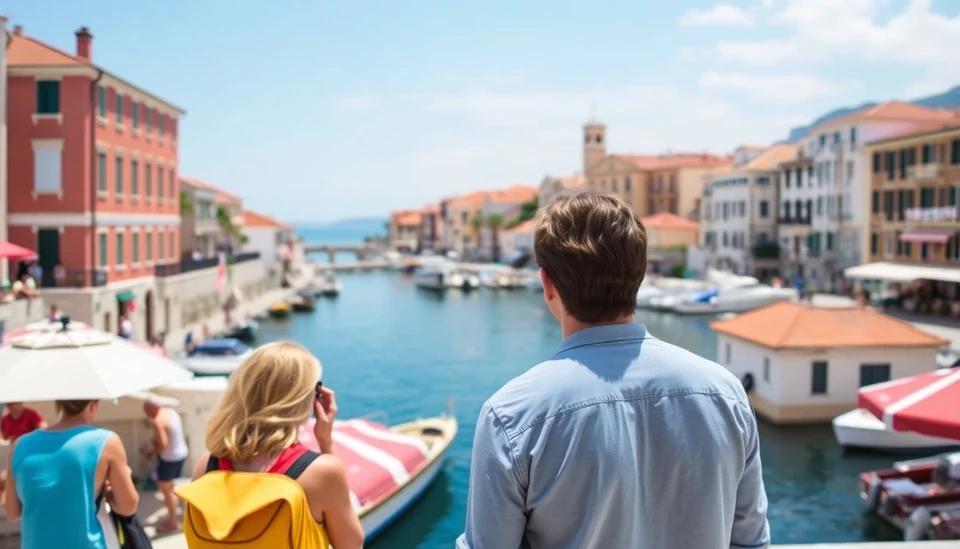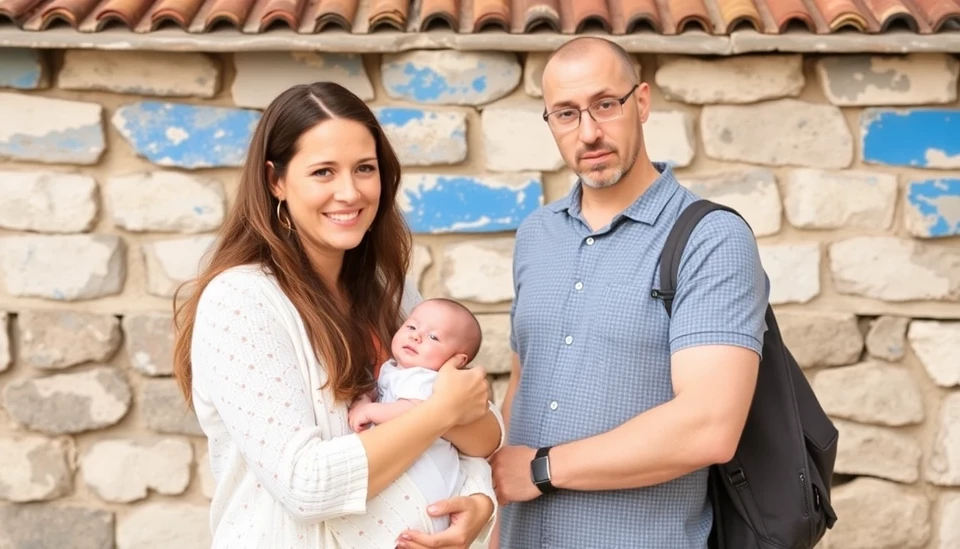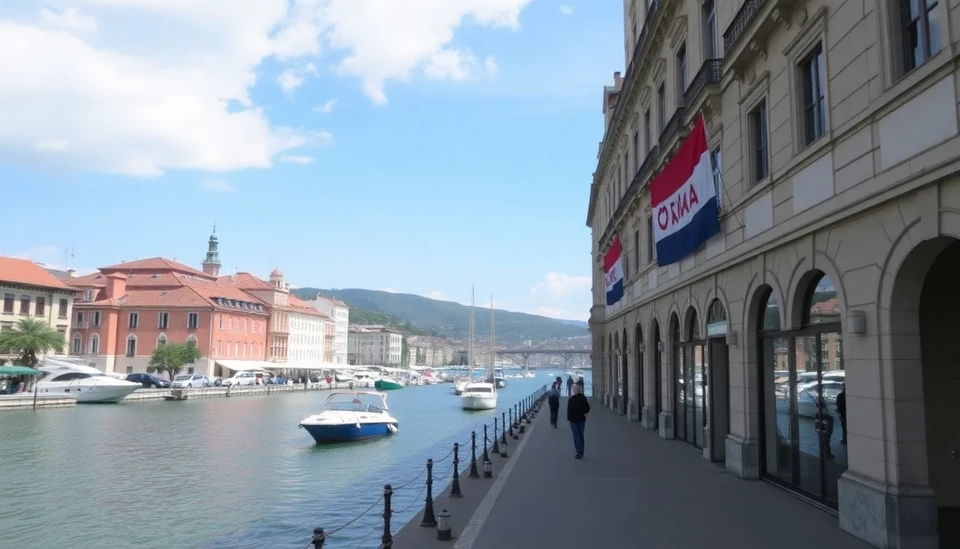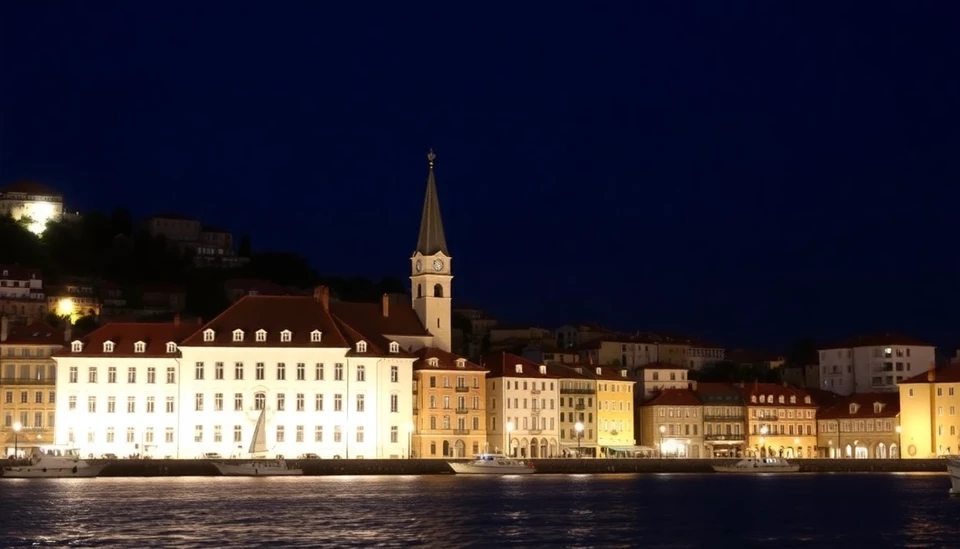
In a recent statement, the Croatian National Bank's governor has raised alarm over the escalating prices in the country, suggesting these rising costs could deter potential tourists. This warning comes at a crucial time as Croatia aims to strengthen its economy through tourism, a sector that has historically played a pivotal role in its financial health.
The central banker highlighted that the cost of living in Croatia has significantly increased, especially in the context of post-pandemic recovery. As inflation rates soar, expenses such as accommodations, dining, and local attractions are becoming increasingly burdensome for visitors. This trend not only threatens the current tourist influx but also raises concerns about the long-term sustainability of the industry.
Tourism is a vital pillar for Croatia, contributing substantially to GDP and employment. However, the governor noted that if prices continue to rise unchecked, the country risks losing its competitive edge against other European destinations that offer similar cultural and natural attractions at more affordable rates.
In light of these issues, industry stakeholders are urged to take proactive measures to maintain price stability while enhancing the tourist experience. The central bank is advocating for careful monitoring of costs and the implementation of policies that could mitigate inflationary pressures. The tourism sector's recovery is nuanced; it not only relies on managing costs but also on ensuring tourists feel they are receiving value for their money.
As the country enters peak tourist seasons, this warning serves as a wake-up call for policymakers and business owners alike. Strategies need to be instituted to balance the demands of a thriving tourist economy with the necessity of keeping prices attractive. The implications of rising costs extend beyond just tourism; they ripple through the broader economy, affecting local enterprises dependent on visitor spending.
Ultimately, while Croatia boasts stunning landscapes, rich historical experiences, and unique cultural offerings, if rising prices continue to shadow these attractions, it could lead to disappointing outcomes for the tourism industry. As the situation unfolds, all eyes will be on Croatia, watching to see how it navigates the challenges posed by inflation and works to maintain its status as a preferred travel destination.
In conclusion, the Croatian Central Bank's message is clear: to maintain its tourism industry’s health, Croatia must effectively address the factors contributing to rising prices. If not, it risks losing the vital revenue and employment opportunities that come with a thriving tourism market.
#Croatia #Tourism #Inflation #CentralBank #Travel #Economy
Author: Rachel Greene


